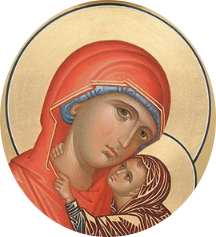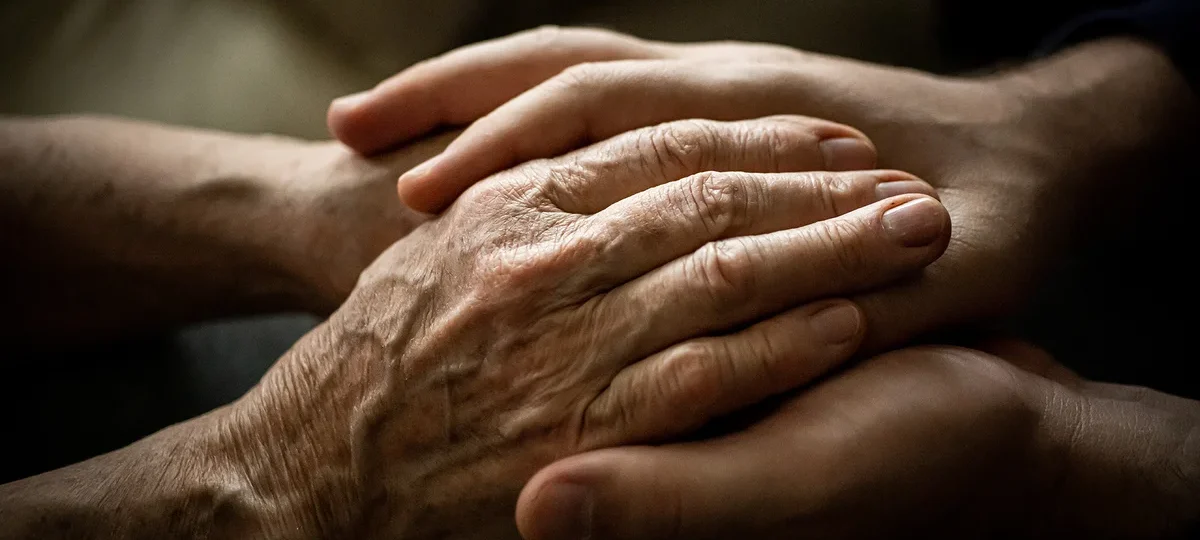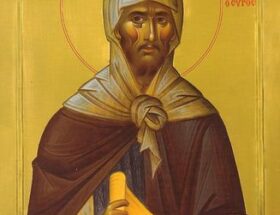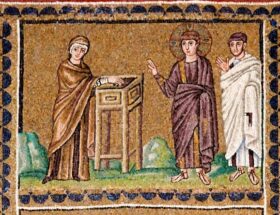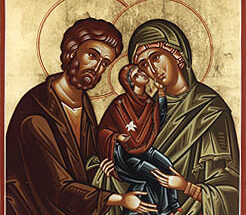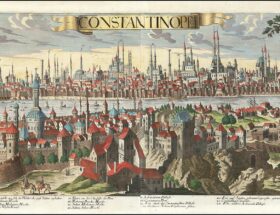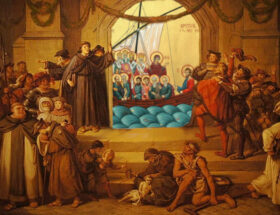In Orthodox Christianity, taking care of the elderly is not just a moral duty but a sacred responsibility deeply rooted in the teachings of Christ and the traditions of the Church. The Orthodox faith emphasizes love, humility, and self-sacrifice—virtues that are essential when caring for the older generation. Honoring and providing for the elderly is seen as an extension of the commandment to “honor your father and your mother” (Exodus 20:12), a commandment that Orthodox Christians believe carries spiritual and communal significance.
One of the central teachings of Orthodoxy is the value of community and the interconnectedness of all believers. The Church does not see individuals as isolated beings but as members of the Body of Christ, responsible for one another. In this light, the elderly are not to be forgotten or pushed aside but cherished as living witnesses to faith and tradition. Their wisdom, gained through years of struggle, prayer, and perseverance, is considered a gift to younger generations. To neglect them would be to ignore the rich spiritual heritage they embody.
The Orthodox Church also teaches that acts of love and service, especially toward those who are vulnerable, bring believers closer to God. Christ Himself set the example of compassionate care, healing the sick, comforting the sorrowful, and showing mercy to all. In Matthew 25:40, He says, “Whatever you did for one of the least of these brothers and sisters of mine, you did for me.” In this way, caring for the elderly is a direct way of serving Christ. When we provide for their needs, listen to their stories, and ensure they are not lonely or abandoned, we fulfill the Gospel’s call to love our neighbor as ourselves.
Orthodox monastic tradition places a strong emphasis on obedience and humility, virtues that are cultivated when caring for the elderly. Many Orthodox saints spoke about the spiritual blessings that come from serving others, especially the weak and frail. By taking care of the elderly, we not only meet their physical needs but also grow spiritually through patience, kindness, and self-denial.
The liturgical life of the Orthodox Church also reinforces the importance of honoring elders. Many prayers and hymns recognize the aged as bearers of faith who have endured life’s struggles and remained steadfast in Christ. The Church encourages intergenerational worship and relationships, fostering a sense of unity among the young and old. Unlike modern secular cultures that often prioritize youth and productivity, Orthodoxy teaches that every stage of life has value, and the elderly have a vital role in the life of the Church.
Ultimately, caring for our elderly is a reflection of Orthodox Christian love, humility, and respect for the sanctity of life. It is a way to fulfill Christ’s commandment to love one another and an opportunity to grow in holiness by serving those who once cared for us. In doing so, Orthodox Christians strengthen not only their families but also the Church as a whole, ensuring that wisdom, tradition, and faith continue to be passed down through the generations.
The principles outlined in the passage are based on core teachings of Orthodox Christianity, scriptural references, and the wisdom of Orthodox saints and theologians. Here are some key sources that support these ideas:
- Holy Scripture (Bible)
– Exodus 20:12 – “Honor your father and your mother, that your days may be long in the land that the Lord your God is giving you.”
– Matthew 25:40– “Truly I tell you, whatever you did for one of the least of these brothers and sisters of mine, you did for me.”
– 1 Timothy 5:8 – “But if anyone does not provide for his relatives, and especially for members of his household, he has denied the faith and is worse than an unbeliever.”
- The Sayings of the Desert Fathers
– The Desert Fathers, early Orthodox monastic figures, emphasized humility, service, and caring for the weak as a form of spiritual growth.
- Teachings of Orthodox Saints
-Saint John Chrysostom spoke about the importance of charity and service, especially towards the weak and elderly.
- The Orthodox Church’s Liturgical Tradition
– Many prayers and hymns in Orthodox services honor the elderly and recognize their role in passing down the faith.
- The Writings of Elder Ephraim of Arizona
– His teachings focus on love, humility, and caring for others as central to Orthodox Christian life.
- The Orthodox Tradition of Family and Community
– The Orthodox Church strongly emphasizes family unity and intergenerational support as part of the Christian life.
